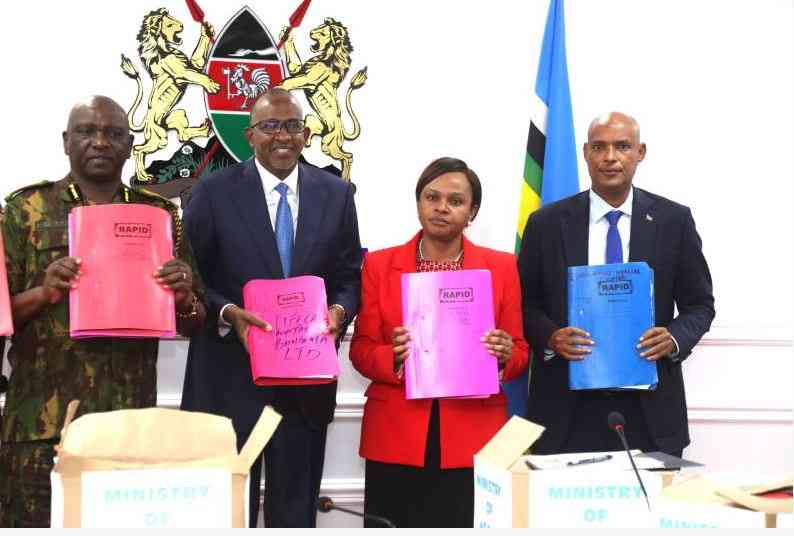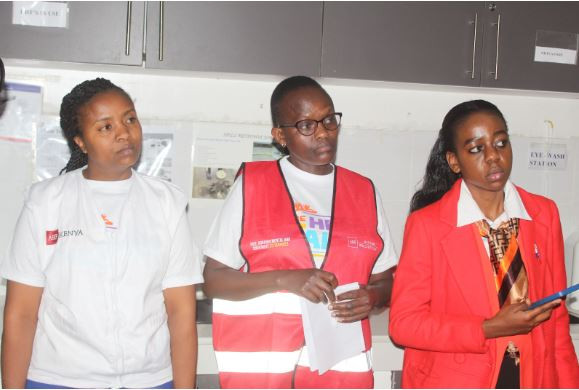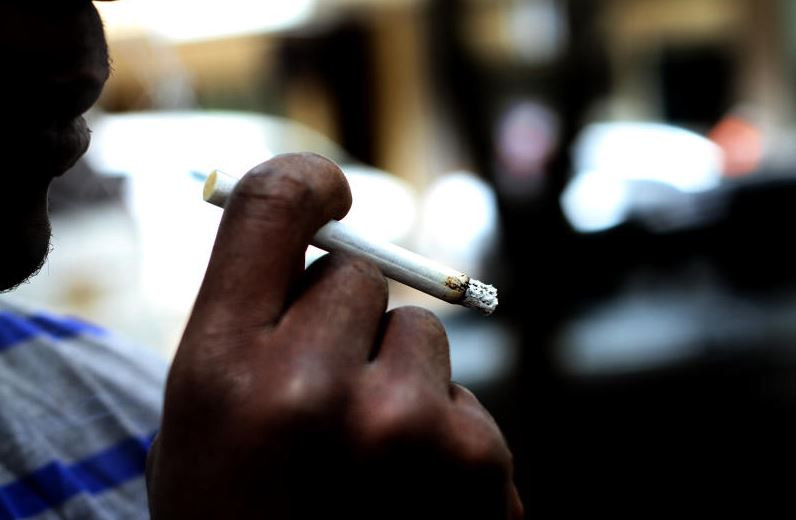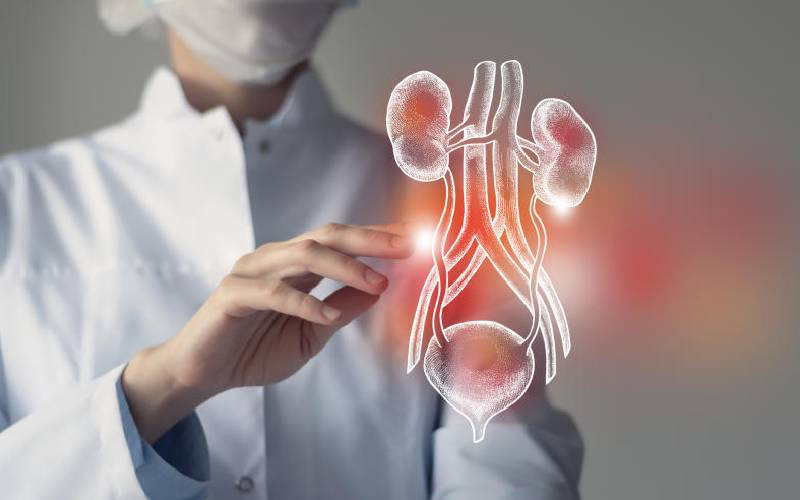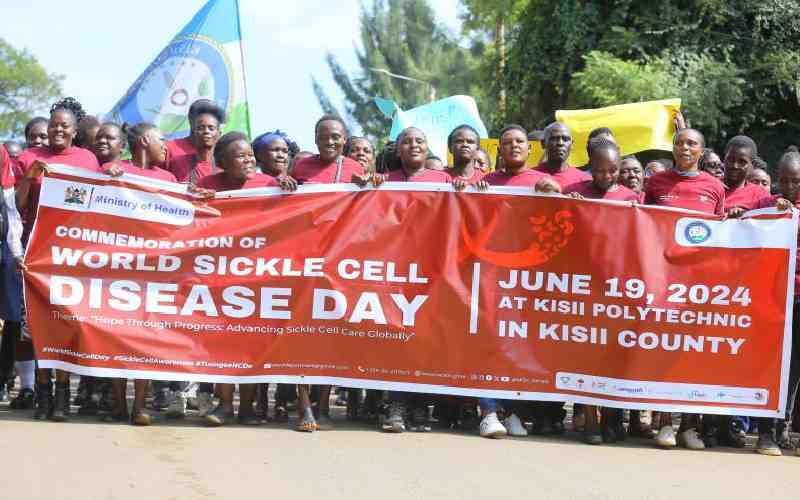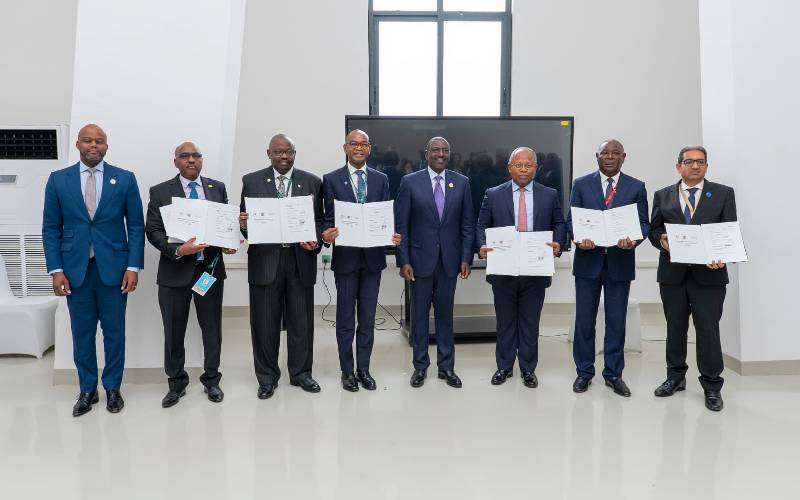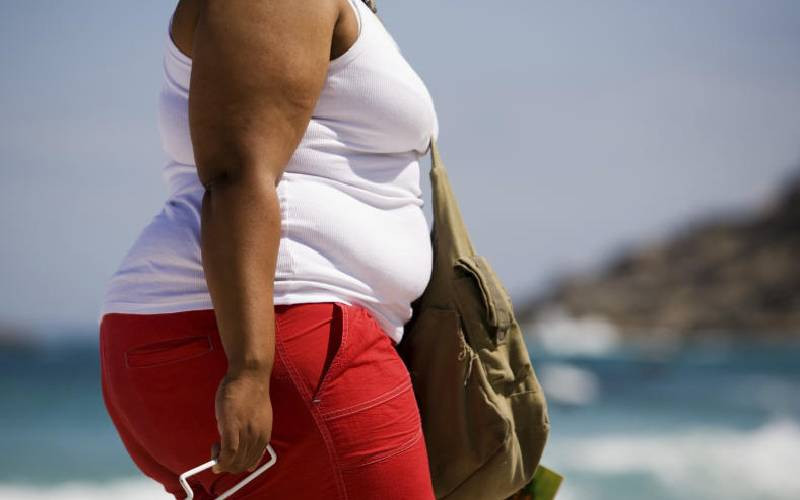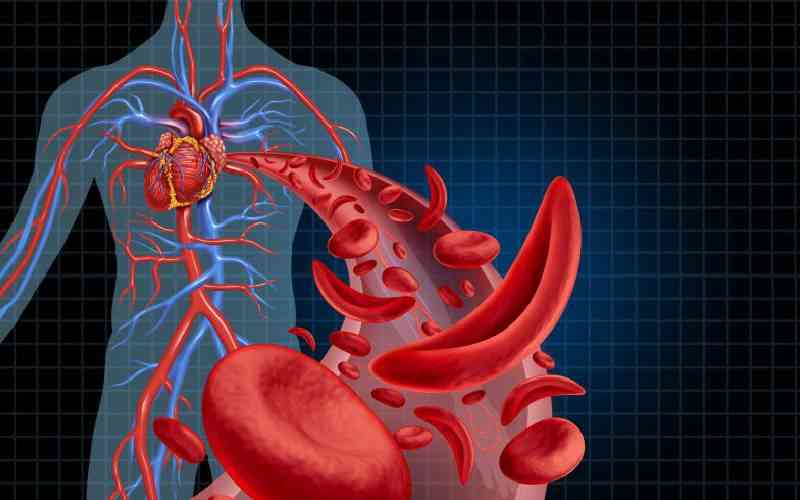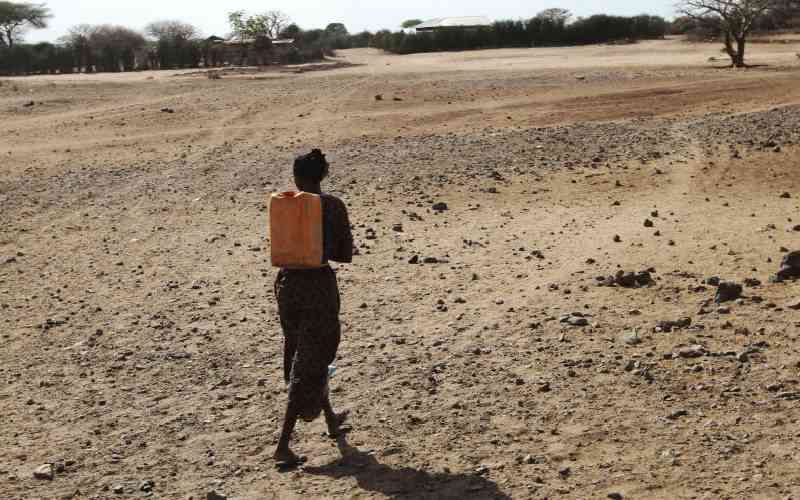
A controversial statement by Makueni Governor Mutula Kilonzo Jnr has sparked outrage and re-ignited a national conversation about HIV stigma, especially among children and young people living with the virus.
Speaking on April 11 during the flagging off of Makueni’s team to the inter-county youth games in Homa Bay, Mutula claimed residents of the county are overly carefree about sexual relations and the HIV epidemic.
“In Homa Bay, people love pleasure so much that they no longer care about HIV/Aids,” the governor said in Kiswahili, adding that locals talk about collecting their antiretroviral (ARV) medication as casually as shopping for household items.
“Huko Homa Bay wanatembea kwa barabara wanasema ‘enda unichukulie zile dawa zangu’,” he said, suggesting that people living with HIV in the county treat medication casually.
The remarks, widely viewed as insensitive and stigmatising, drew strong backlash from health advocates, people living with HIV, and the National Empowerment Network of People Living with HIV/Aids in Kenya (Nephak).
Although the governor later issued an apology, it was met with criticism for failing to directly acknowledge people affected by his comments.
“I realise that my words on HIV/Aids in Homa Bay may have led to a misunderstanding. My apologies to my colleague, Hon Gladys Wanga, and the people of Homa Bay for the misunderstanding,” Mutula said.
But Nephak Executive Director Nelson Otwoma said the issue goes beyond a “misunderstanding,” noting that the statement directly targeted people living with HIV, including vulnerable children and adolescents.
“There is no pride in living with a chronic condition that requires taking ARVs daily. It is a physically and emotionally exhausting routine, not a lifestyle to mock,” said Otwoma.
He pointed out that in 2024 alone, over 3,700 children were born with HIV in Kenya, mostly infected during pregnancy or breastfeeding. Of the 16,752 new HIV infections reported in the country that year, 2,083 were among adolescents aged 10 to 19.
 The Standard Group Plc is a multi-media organization with investments in media
platforms spanning newspaper print
operations, television, radio broadcasting, digital and online services. The
Standard Group is recognized as a
leading multi-media house in Kenya with a key influence in matters of national
and international interest.
The Standard Group Plc is a multi-media organization with investments in media
platforms spanning newspaper print
operations, television, radio broadcasting, digital and online services. The
Standard Group is recognized as a
leading multi-media house in Kenya with a key influence in matters of national
and international interest.

